Over the years, I have received calls requesting photography and back issues of N’DIGO on a person we profiled who had just died. This always shakes me because the people calling say this is the only story on my father or husband or wife or mother or minister and it is absolutely the best picture ever taken of him or her.
The last call I got like that was the final straw. As I searched the back issues and the photo files for the obituary pictures, I began to cry. We have all this work, these archives and I said to my longtime, pioneering editor David Smallwood, this is a real history here in our files.
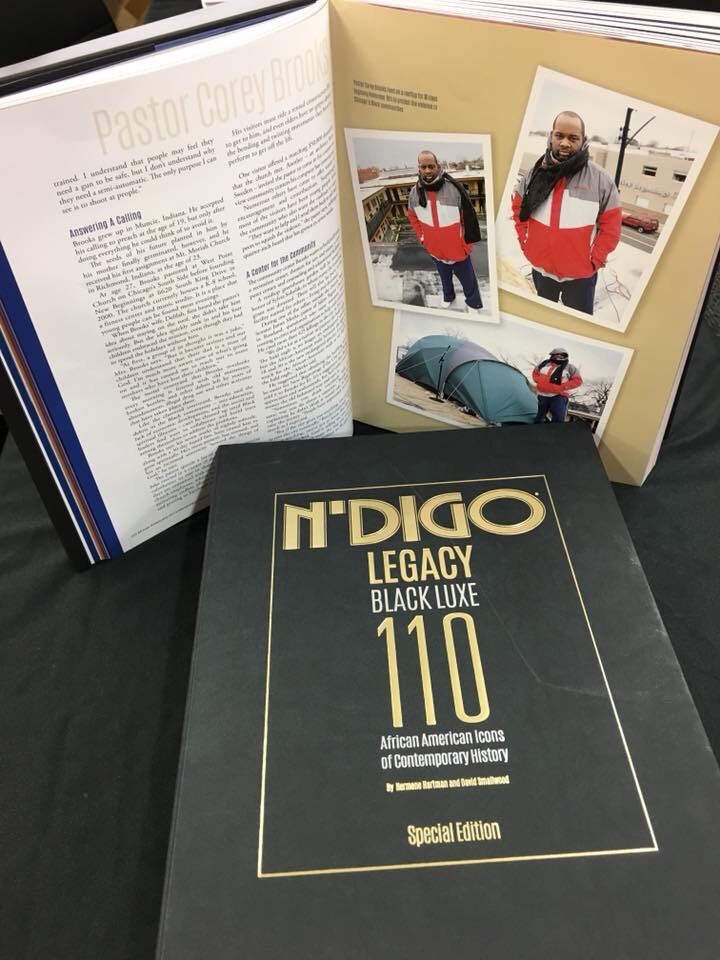
The next step was, let’s do a book. The process started a year ago and this book in real time has been 28 years in the making. We went through about 10 edits, from people selection to finding issues to photo selections to a regular copy edit. Along the way, we had a lot of memory lane type conversations about where some of these people are today, particularly Barack Obama.
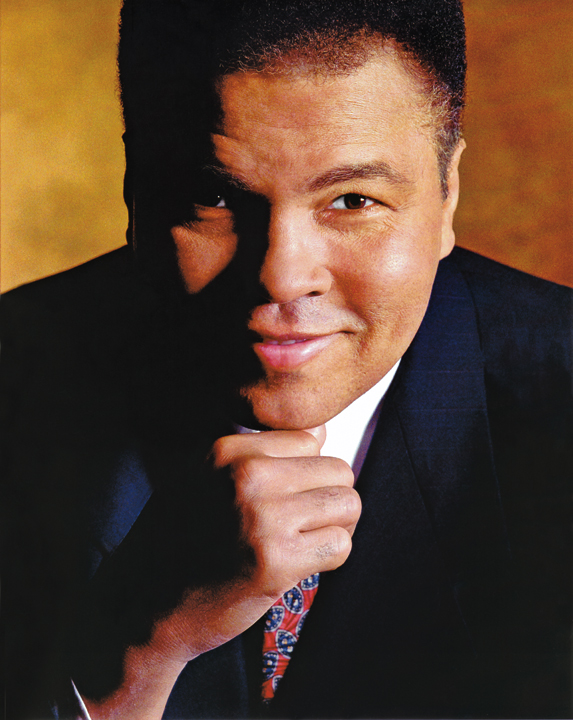
The mission of N’DIGO when we started in 1989 was to write about people who were accomplished and achieving, but went uncovered in mainstream media for a variety of reasons – the main one being that they were Black.
Our purpose was to write about the other Chicago, the one that is too often forgotten, overlooked, missed, ignored. Our focus was feature stories on African Americans, with Vogue Magazine-like photography on the cover.

Since the beginning, we have produced over 1,000 issues of the paper with cover story profiles by the best writers and photographers we could find. Almost 100 percent of the subjects we have profiled, as well as the writers, photographers and makeup people we’ve used, have been Black.
Out of those 1,000-plus issues, we culled 110 of the most significant cover stories of the most impressive achievers. The result is our new book – hot off the presses – called NDIGO LEGACY: Black Luxe – 110 African American Icons of Contemporary History.
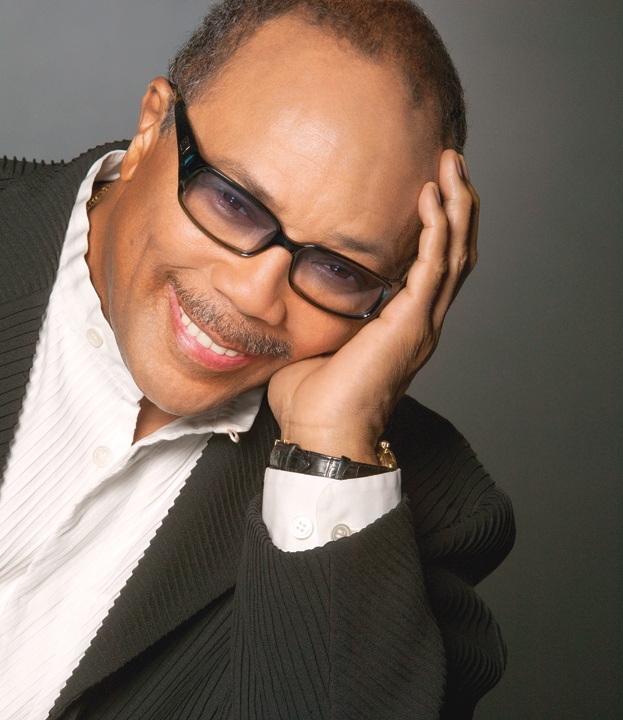
N’DIGO Legacy: Black Luxe presents an anthology on a modern history. Through our means, we had our ear to the ground and listened and watched over the years people in our community coming and going and achieving.
We watched a young man who wanted us to write about his book, Dreams From My Father, become President of the United States. We were the first to profile this young man from the South Side, Barack Obama, when he was an Illinois state senator.
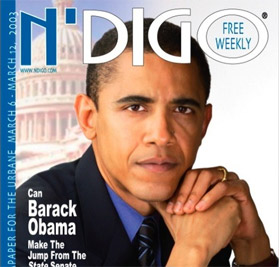
For his story, we debated and discussed the background of his cover photo. It went from flag to capitol. We slept on it and for two days looked at the flag and the capitol. I made the final decision, which was to put the capitol in the background.
That was in 2003. What we didn’t realize until we went back to edit and update Barack’s story for the book is that one of his main concerns as a politician was a type of universal healthcare. He actually outlines in his 2003 N’DIGO story the broad strokes for what turned into the Obamacare Affordable Care Act legislation he maneuvered into law as president.
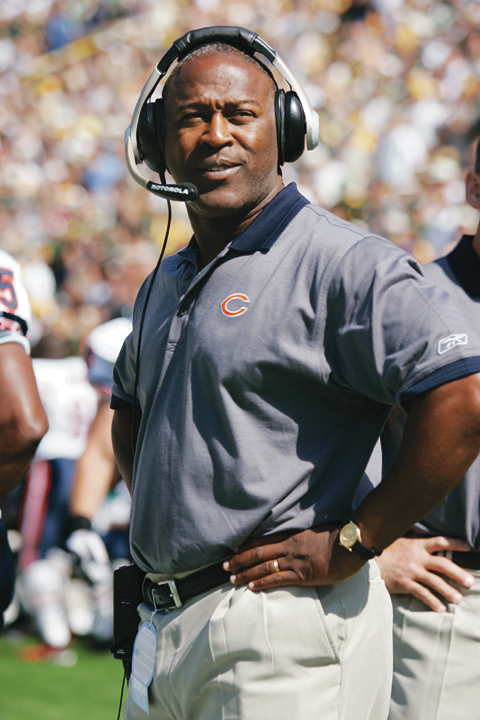
Black Icons Of Contemporary History
N’DIGO saw the building of the Harold Washington Library. The dailies wrote about the beautiful building and the bells and whistles of what a world-class library would be. The news of the day was on the building, the construction, and the architecture. But they forget about the man it was named after.
But N’DIGO produced a grassroots story on how Harold Washington became mayor. Professor Robert Starks and Dr. Conrad Worrill were the writers; both were first hand players in the Harold Washington campaign.
Paul King, a dear and longtime friend, at his own insistence, was the third cover of N’DIGO back in 1990. He wanted to record the facts, figures and share his insights on affirmative action. Paul, who went on to found the construction company UBM, was a major player in crafting affirmative action legislation at the national and local level as he built his top rated construction firm.
N’DIGO monitored the early election of Carol Moseley-Braun as she ran for the United States Senate. She was thrust to the forefront in Illinois as the sexual harassment case with Attorney Anita Hill and now-Supreme Court Justice Clarence Thomas was brewing in Washington.
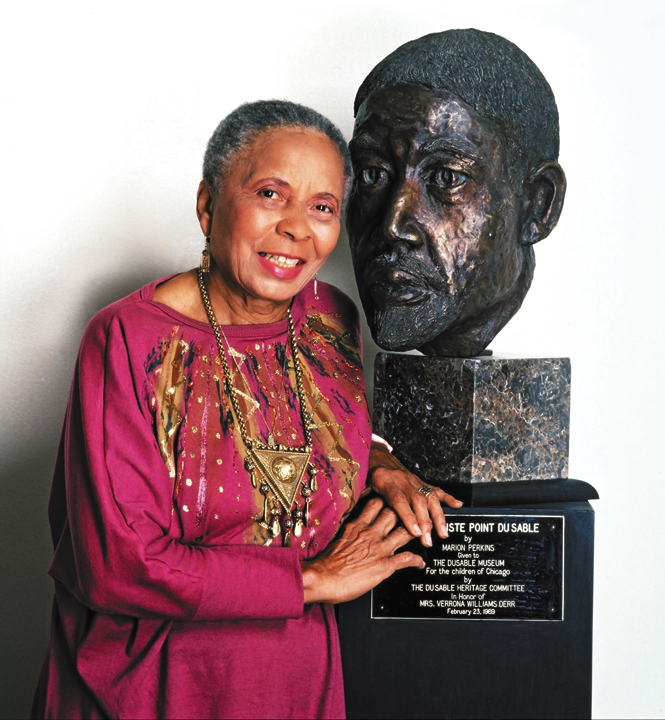
Women everywhere were angry, frustrated over the revealing sexual harassment details and in the aftermath, Illinois elected Carol as the first and still only African-American woman United States Senator. When the Braun story appeared, there was really little other campaign literature; N’DIGO was all over the city with Braun’s cover. It is still one of our most meaningful covers to date.
Before Valerie Jarrett went to the White House with President Barack Obama, she was an executive at Habitat Realtors after leaving the Mayor’s Office of Planning and Development, where she hired a young lady named Michelle Robinson, who became First Lady Michelle Obama.
Civil rights activist Dorothy Tillman became Alderman of the 3rd Ward. Her story is of a pro-Black teenage activist straight from the camp of Dr. Martin Luther King Jr.’s Southern Christian Leadership Conference. Dorothy came to Chicago in her late teens to assist the “movement” in its quest for equal housing and educational rights. This was a summer interlude for her that grew into a life’s work. Her activism as an alderman never altered as she occupied a government seat.
These are but a few of the 110 African American Icons of Contemporary History that you’ll meet in N’DIGO LEGACY, which is about Chicago people who created a Golden Era of Black Achievement for our city, nation, and world. The common thread that runs through the profiles is education. These icons were hard workers, diligent, forthright, and organizers in their own individual ways.
Some of these stories are firsts, some are lasts, and some are rare interviews. They are all stories that might have missed the daily newspapers. These are authentic, original and unique to N’DIGO articles that we have enjoyed publishing over the past 28 years.
Order your copy today and enjoy the read and pictures!






